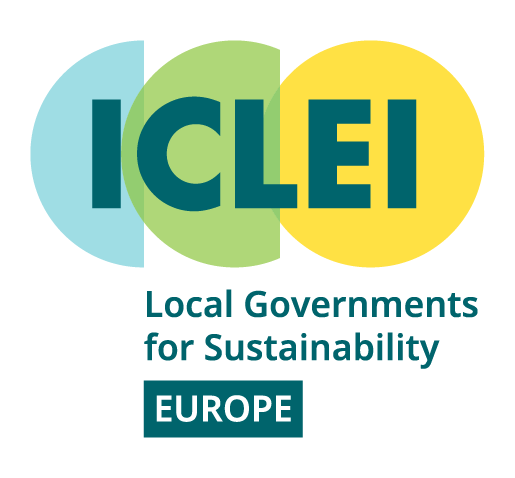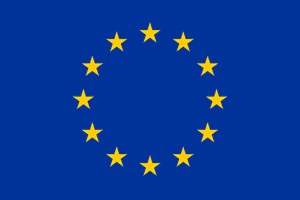Environmental Regulation
One of the main ways environmental impacts of wind energy can be dealt with is the adoption of environmental regulations. In EU countries a directive (2011/92/EU), known as the Environmental Impact Assessment (EIA) directive, guarantees that plans and projects that may have significant effects on the environment should undergo an environmental assessment, before their approval or authorisation. One of the key features of EU EIA directive procedures is the implementation of a public consultation before the approval of the project. This allows to prevent or minimise problems such as visual impacts, noise, and hazards for wildlife and biodiversity.
While the directive concerns any type of project (e.g. dam, motorway, airport or factory, etc.) the WinWind project focused on the application of EIA in wind energy development. The regulation of five countries (Germany, Italy, Latvia, Poland, and Spain) was analysed. The results show that these countries adopt different thresholds (in terms of number and capacity of wind turbines) for determining when an Environmental Impact Assessment is mandatory. Similarly, proper procedures for informing and consulting the public vary according to each country’s regulation.
Find out more
The WinWind project analysed the environmental regulations of the partners’ countries. Here below further readings.
On regulation frameworks in the six countries partner (technical aspects)
Screening of Technical and Non-Technical regulations, guidelines and recommendations pages 13-15
On regulation frameworks in the six countries partner (citizens participation)
Screening of Technical and Non-Technical regulations, guidelines and recommendations pages 37-44
















